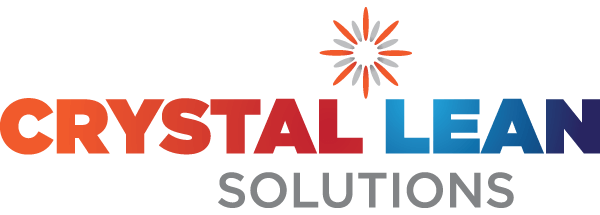When are Lean Systems Implemented?
Lean Management (or “Lean Production methodology”), e.g., Kaizen philosophy and other management tools, can be applied to every business and process – But the questions are How? and When?
There is no simple answer to these questions unfortunately. Most small, start-up businesses are likely to have few developed processes as well as having potentially limited resources whilst the business gets up and running. There will come a point though when the size of the business will require additional people and processes and things will start to get more complex. Key leaders in the organisation will spend more time firefighting than focusing on improvements and strategy. At this point, the question might better be Why?, rather than When? Do you want to reduce costs, improve customer satisfaction, reduce lead-times, or improve market share? The answer to these questions will dictate your ‘readiness’ to implement Lean.
If you want to bring about organisation-wide improvements or if you want to focus on smaller, more specific aspects, Lean will help.
Lean creates a community of multidisciplinary, problem-solving employees. Everyone can offer improvement suggestions, everyone can test their ideas in practice, and everyone is responsible for the complex results. Such flexibility allows a business to become agile and to make changes more rapidly, and in turn responding to consumer demands, competitor withdrawals and market turmoil can be achieved at pace.
Lean has 5 main principles:
- Value – identify what your customer values. Your customer could be the next step in a process, it is not solely focused on the end user
- Value Stream – map your processes using value stream mapping so that you can more easily identify waste (Transport, Inventory, Motion, Waiting, Over-processing, Over-production, Defects, and Under-utilised Skills) in your organisation
- Create Flow – reduce or better still, eliminate the identified waste and then re-organise whatever remains so that it flows
- Establish Pull – try to produce at the rate determined by customer demand
- Seek Continuous Improvement – the relentless pursuit of excellence. There are always more improvements to pursue
Underlying these main principles is the need for respect for all employees. Everyone across the organisation will have something to contribute and therefore has a part to play in Lean implementation.
There are many Lean tools available to help achieve the principles and to bring about improvements, but primarily, Lean is a philosophy, a way of thinking, operating, and behaving. The tools are important, but they are just that – tools.
How CLS (Crystal Lean Solutions) can help
At Crystal Lean Solutions, we recognise the cost competitive pressures of Irish based organisations operating within markets that will not stand still. We offer a flexible, yet innovative, approach to Lean deployment with real energy and enthusiasm for your future.
Our experienced team will guide you through our process-based approach to deliver results, on time every time. We specialise in delivering unique and tailored Lean Training, Coaching, Mentoring, and Consultancy at both a strategic and tactical level within your organisation.
Crystal Lean Solutions are enablers of Enterprise Lean Transformation to meet your future business needs.
In Summary
Lean manufacturing is the optimisation of practices, processes, and habits of the workforce by employing the Lean principles. The purpose is to work smarter, innovate quickly, and produce more value for the customers. Lean manufacturing implementation can be a long and complex process and should be done systematically. It starts with the planning process, execution, and continuous improvement. It is better to do that gradually and slowly.
Take time to completely absorb the Lean Principles or otherwise, this implementation will fail. However, if you can carry out all the steps well, your company’s success rate will be a step change for your business.
